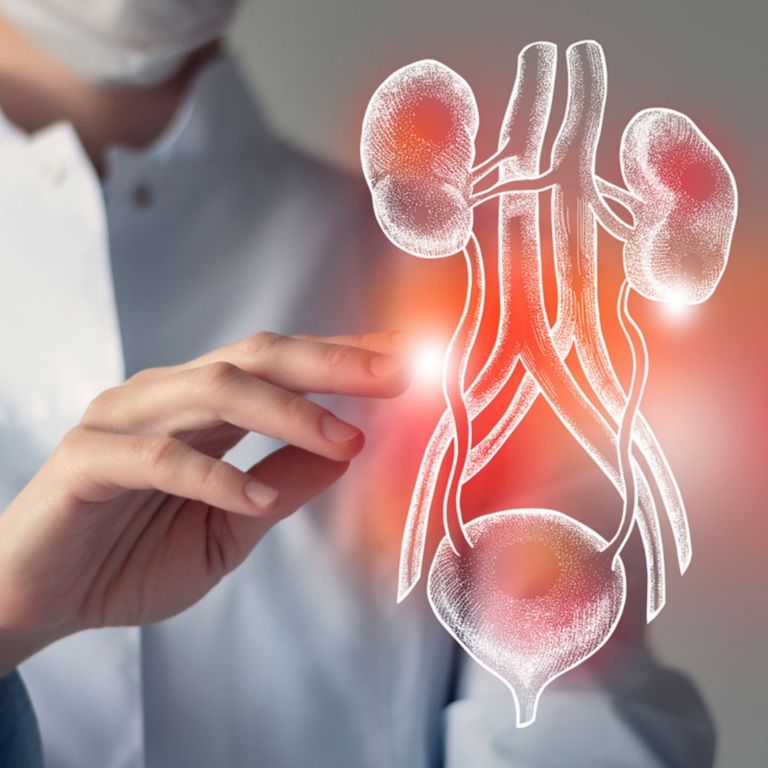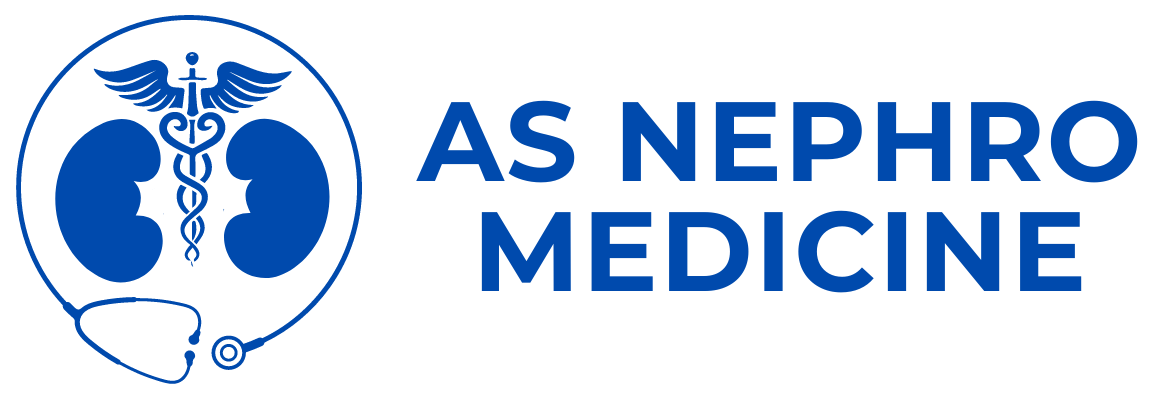
What is Urinary Disorders?
- Urinary tract infections (UTIs)Can be caused by bacteria, sexually transmitted infections (STIs), or urine backing up in the urethra. Symptoms include a burning sensation when urinating, frequent urination, cloudy or dark urine, blood in the urine, lower stomach pain, back pain, and fever.
- Kidney stonesSmall masses of crystallized salt or chemicals that form in the urine and can block urine flow. This can lead to serious infections, kidney damage, or even kidney failure.

- Bladder control problemsThese include urinary incontinence, which is when urine leaks out of the urethra, and overactive bladder, which is when the bladder squeezes urine out at the wrong time.
- Prostate problemsIn men, an enlarged prostate can make it difficult to empty the bladder. This condition is called benign prostatic hyperplasia (BPH) and is common in middle-aged and elderly men.
- Interstitial cystitis
A chronic bladder condition that causes pain and frequent, urgent urination.
Diagnosis and Treatment
Diagnosis of urinary disorders typically involves a thorough medical history, physical examination, and often additional tests such as urine analysis, imaging studies (like ultrasound or CT scan), urodynamic tests (measuring bladder function), and cystoscopy (examining the bladder with a thin camera).
Treatment depends on the specific disorder but often includes:
Medications: Antibiotics for UTIs, alpha-blockers or 5-alpha reductase inhibitors for BPH, pain relievers for kidney stones, and medications to reduce bladder inflammation in IC/BPS.
Lifestyle Changes: Drinking plenty of fluids, dietary modifications (e.g., reducing oxalate intake for kidney stones), bladder training exercises for urinary incontinence.
Procedures or Surgery: Lithotripsy or surgical removal for kidney stones, surgical procedures like transurethral resection of the prostate (TURP) for BPH, and in severe cases of urinary incontinence, surgical correction may be necessary.
FAQs
Common symptoms include:
- Pain or burning sensation during urination
- Frequent urination
- Urgent need to urinate
- Blood in the urine
- Cloudy or strong-smelling urine
- Inability to urinate or empty the bladder completely
- Lower back or pelvic pain
Causes can vary widely and include:
- Infections (e.g., urinary tract infections or UTIs)
- Kidney stones
- Bladder stones
- Enlarged prostate (in men)
- Overactive bladder
- Interstitial cystitis
- Neurogenic bladder
- Cancer (kidney, bladder, prostate)
- Medications and certain medical conditions
Yes, lifestyle changes can be beneficial. These include:
- Drinking plenty of water
- Reducing intake of caffeine, alcohol, and spicy foods
- Practicing good hygiene
- Maintaining a healthy weight
- Avoiding smoking
- Managing chronic conditions such as diabetes
Some urinary disorders are more common in women, such as UTIs and interstitial cystitis, while others, like prostate problems, affect men. Both men and women can experience kidney stones and bladder cancer.
A UTI is an infection in any part of the urinary system, but most commonly in the bladder and urethra. Symptoms include pain during urination, frequent urge to urinate, and cloudy urine. UTIs are more common in women but can affect men as well.
You should see a doctor if you experience:
- Persistent or severe pain during urination
- Blood in your urine
- Frequent urination that disrupts your daily activities
- Inability to urinate
- Symptoms of a UTI that don’t improve with home treatment
- Any symptoms that cause concern or discomfort
